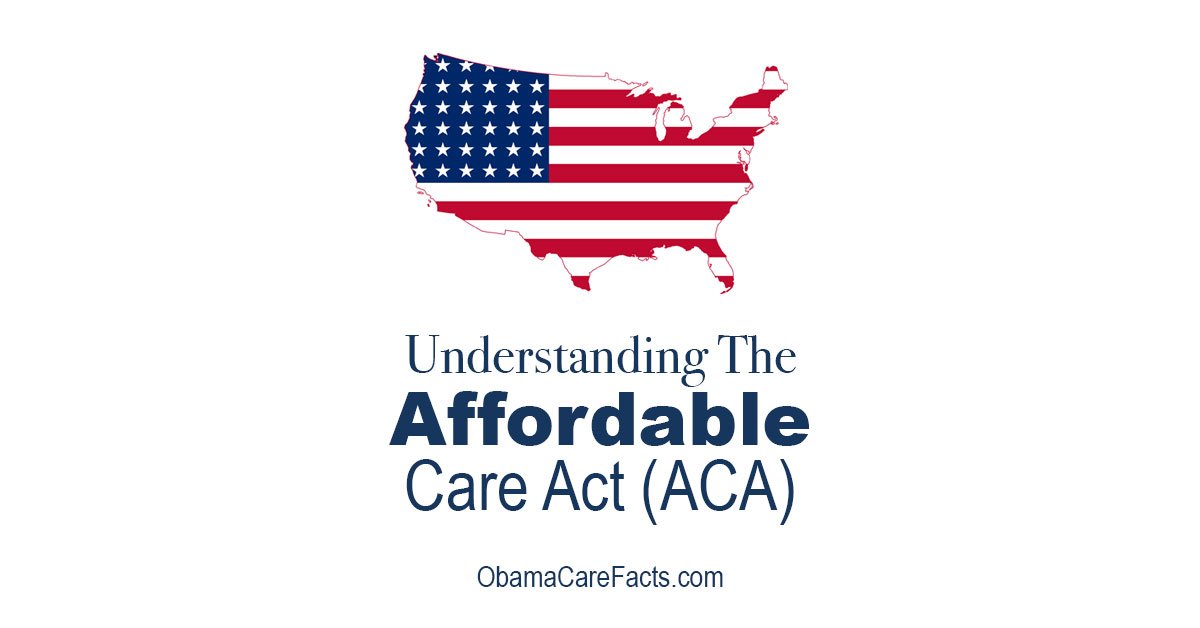
Campaign Issue Nobody Talks About
From Girish Modi, Decatur, GA
At this point in the 2020 election cycle, one of the hottest issues among Democratic presidential candidates was “Medicare for all”: the idea that a huge government-run health insurance program should cover all Americans. Bernie Sanders was giving speeches reminding people that “I wrote the damn bill.” Elizabeth Warren backed the Sanders plan. Kamala Harris and several other candidates offered a variation that would keep a rump private-sector insurance market intact. Joe Biden favored a more modest “public option” that would allow anybody to opt into government coverage while leaving most of the existing system alone. The topic dominated a 10-candidate Democratic debate on July 30, 2019.
Nobody’s talking about Medicare for all, or any kind of healthcare overhaul, in the 2024 cycle. True, the election is still more than 15 months away, and the drama over Donald Trump’s grip on the Republican Party, despite two criminal indictments and counting, could knock every other election story out of the headlines for months. But there are other reasons healthcare is likely to play a much smaller part in the 2024 election than in 2020.
First, President Biden is now running for reelection as an incumbent, his agenda will be the agenda Democrats offer to voters in 2024. Republicans, for their part, haven’t had a serious healthcare agenda in this century. The United States still spends the most on healthcare on a per capita basis among advanced countries while getting relatively poor outcomes. The US healthcare system remains byzantine and inefficient.
The 2021 American Rescue Plan enhanced the subsidies many lower-income people get for ACA coverage, effectively lowering their out-of-pocket costs. It also raised the income ceiling for eligibility, allowing more middle-income Americans to qualify for ACA coverage that can be thousands of dollars cheaper than coverage people buy on the individual market. The ACA and the Biden expansions have helped provide insurance coverage for at least 20 million Americans who wouldn’t have had it otherwise.
While the coverage rate among most other developed nations is close to 100% because they all have some form of universal coverage, the United States still does not. Nearly 160 million Americans have coverage through an employer, which creates well-understood economic inefficiencies, such as raising businesses’ labor costs, establishing a disincentive to hire full-time workers, and tying workers to jobs they may not like, just for the insurance.
Republicans will attack Biden on inflation, which up till now has been his most visible political problem. Since Republicans hold a weak hand on healthcare, they’re not likely to talk much about it in 2024. That might be just fine with Biden, who can continue to make the case that incremental change is the way to go.
(This submission has not been edited)




